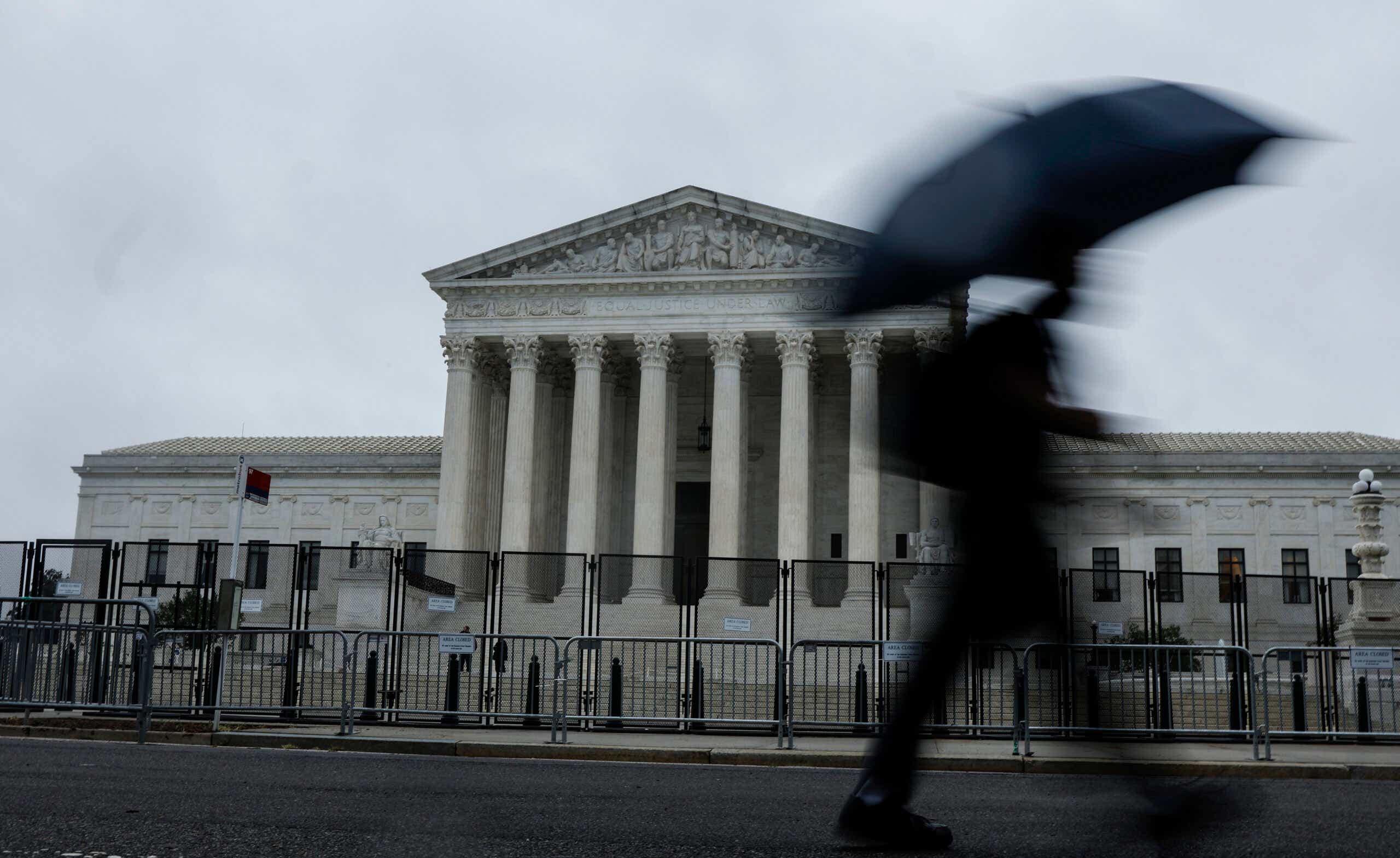We're all familiar with the passage recited by arresting officers that starts: "You have the right to remain silent." These words protect an individual's constitutional right not to incriminate themselves under questioning and were mandated by the Supreme Court in the 1966 case, Miranda vs Arizona.
“You have the right to remain silent. Anything you say can (and will) be used against you in a court of law. You have the right to the presence of an attorney, and if you cannot afford an attorney, one will be appointed for you prior to any questioning.”
But while police are still obliged to repeat these lines whenever they take someone into custody, the Supreme Court has just removed an avenue for justice that's been crucial on those occasions when they don't.
On June 23 in Vega v. Tekoh, the Court held 6-3 that those who the police neglect to inform about the right to remain silent cannot sue an officer for damages under federal civil rights law — even if their statements are used as evidence in a criminal trial, and even if they are ultimately found innocent.
"Today's ruling doesn't get rid of the Miranda right," Steve Vladeck, CNN Supreme Court analyst and professor at the University of Texas School of Law said when the decision was announced. "But it does make it far harder to enforce. Under this ruling, the only remedy for a violation of Miranda is to suppress statements obtained from a suspect who's not properly advised of his right to remain silent. But if the case never goes to trial, or if the government never seeks to use the statement, or if the statement is admitted notwithstanding the Miranda violation, there's no remedy at all for the government's misconduct."
Justice Elena Kagan, who dissented along with the two other liberal justices, said that the outcome stripped "individuals of the ability to seek a remedy for violations of the right recognized in Miranda," adding: "The majority here, as elsewhere, injures the right by denying the remedy."
In its own summary of the case, the ACLU said: "By denying people whose rights are violated the ability to seek redress under our country’s most important civil rights statute, the court has further widened the gap between the guarantees found in the Bill of Rights and the people’s ability to hold government officials accountable for violating them."
Vega v. Teko concerned a hospital worker, Terence Tekoh, who was accused of sexually assaulting a female patient who couldn't move in 2014.
Tekoh ultimately confessed to the crime and was acquitted at trial, but later sued Carlos Vega, a Los Angeles County sheriff deputy, who'd questioned him without reading his Miranda rights. Tekoh acted under the federal law Section 1983, which gives individuals the right to sue state government employees and those "acting 'under color of state law' for civil rights violations."
The issue at hand was whether Tekoh could sue an officer if he didn't receive the Miranda warning ahead of giving statements that were later introduced as evidence. His lawyers claimed that he was browbeaten into giving a confession, while Vega's lawyers contested that Tekoh wasn't strictly in custody at the time.
Per CNN, Roman Martinez, one of Vega's lawyers, said Tekoh's claim was invalid because establishing a violation of Miranda does not establish a violation of the Fifth Amendment. "Miranda creates a procedural rule barring prosecutors from introducing — and courts from admitting — certain unwarned statements as a part of the prosecution's case-in-chief at a criminal trial," he argued according to court papers.









